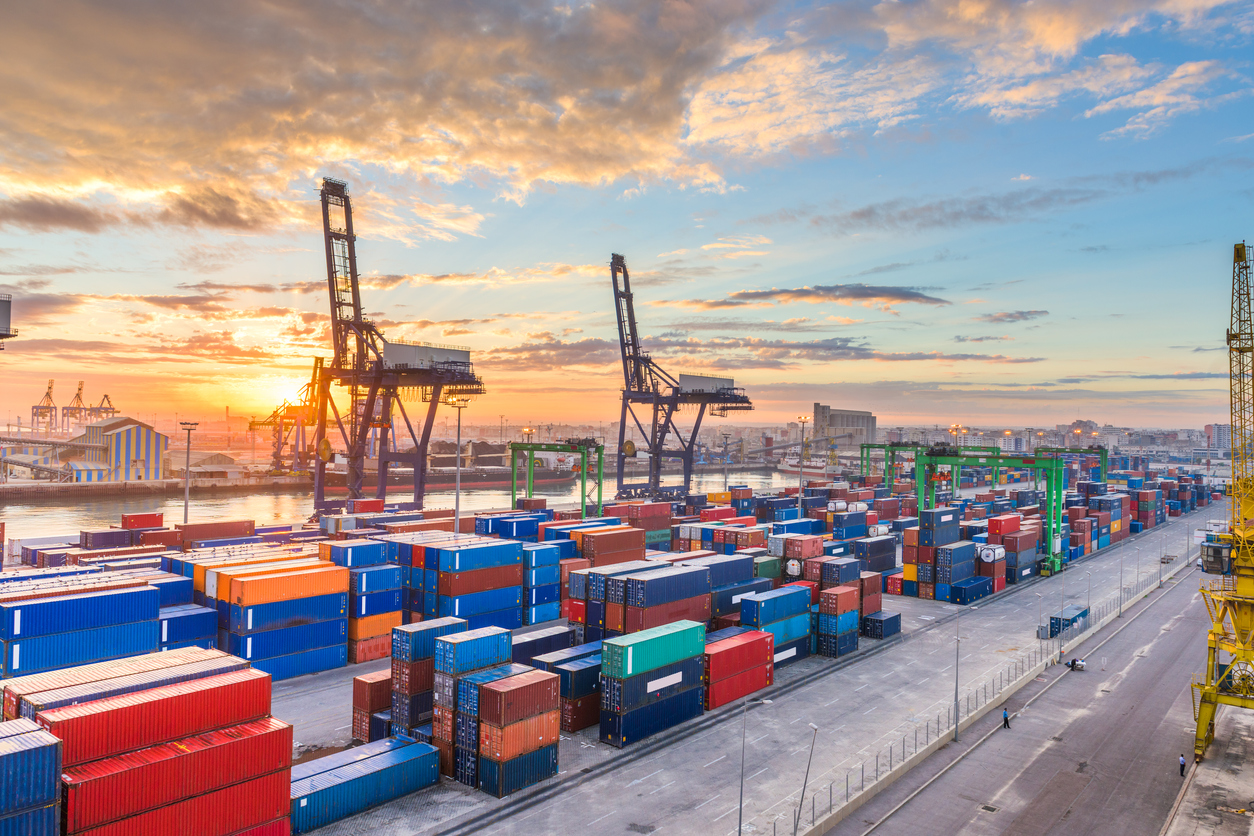What is Demurrage in Nigeria? Meaning, Causes, and How to Avoid It
In Nigeria’s shipping and logistics industry, demurrage is a common term that businesses must understand to avoid unnecessary costs. Demurrage refers to the fees charged when a shipment remains at a port or terminal beyond the allowed free period for loading, unloading, or storage. These charges can significantly impact the overall cost of shipping, especially in a country like Nigeria, where port congestion and delays are frequent.
This article explains the meaning of demurrage in Nigeria, why it occurs, and how businesses can avoid these costs.
What is Demurrage?
Demurrage is a financial penalty imposed by shipping lines or terminal operators when cargo overstays the allocated time at a port or container yard. The charge is intended to compensate for the inconvenience and loss of operational capacity caused by the delay.
Key Points about Demurrage in Nigeria:
- Free Days: Shipping companies typically grant a set number of free days (e.g., 5–7 days) for clearing and moving goods. Demurrage begins once this period expires.
- Daily Charges: The fee increases daily, making delays increasingly expensive.
- Separate from Detention: Demurrage applies while cargo is at the terminal, while detention fees are charged if containers are held beyond the agreed return period after removal from the port.
Why Does Demurrage Happen in Nigeria?
1. Port Congestion
Nigeria’s major ports, especially in Lagos (Apapa and Tin Can Island), often experience congestion due to high cargo volumes, limited infrastructure, and inefficiencies.
2. Delays in Customs Clearance
Incomplete or inaccurate documentation can delay customs clearance, causing goods to overstay their free period at the port.
3. Logistical Bottlenecks
Inadequate transportation, strike actions, or bad road conditions can delay the movement of goods from the port to their destination.
4. Unprepared Importers
Importers who fail to make timely arrangements for duty payments or cargo pickup risk accruing demurrage charges.
5. Administrative Delays
Slow processing by port authorities or shipping agents can add to the delay, especially during peak seasons.
How is Demurrage Calculated in Nigeria?
Demurrage rates are typically calculated per day, per container. The charges vary depending on:
- The type and size of the container (e.g., 20-foot or 40-foot containers).
- The shipping line’s policy.
- The duration of the delay.
For example, the first few days beyond the free period may attract a lower rate, which increases for prolonged delays.
Impacts of Demurrage on Businesses
- Increased Costs: High demurrage fees can erode profit margins, particularly for small and medium-sized enterprises (SMEs).
- Operational Delays: Extended demurrage ties up resources, including shipping containers and inventory.
- Strained Relationships: Frequent demurrage issues can strain relationships with shipping lines and logistics providers.
How to Avoid Demurrage in Nigeria
1. Plan Ahead
Ensure all necessary documentation, such as Form M, Proforma Invoice, and Bill of Lading, is prepared and submitted well in advance.
2. Work with Experienced Logistics Providers
Partnering with a reliable logistics company like Wigmore Trading can help you navigate the complexities of Nigerian ports and avoid delays.
3. Clear Goods Promptly
As soon as the shipment arrives, prioritize customs clearance and payment of duties to minimize port storage time.
4. Monitor Shipping Schedules
Stay informed about the estimated time of arrival (ETA) of your shipment and track potential delays.
5. Negotiate Free Days
In some cases, you can negotiate additional free days with your shipping line, especially for high-volume shipments.
6. Use Off-Dock Terminals
Consider transferring goods to off-dock terminals to reduce port congestion and demurrage risks.
How Wigmore Trading Helps You Avoid Demurrage
At Wigmore Trading, we specialize in providing efficient shipping and logistics solutions tailored to the Nigerian market. Here’s how we assist our clients in avoiding demurrage:
- Expert Customs Clearance: We handle all documentation and compliance to speed up the clearance process.
- Port Coordination: Our team ensures timely movement of your cargo from Nigerian ports to your desired location.
- Real-Time Updates: Stay informed about your shipment’s status to plan efficiently.
- Tailored Solutions: We offer flexible storage and transportation options to fit your needs.
Conclusion
Demurrage is an avoidable cost that businesses in Nigeria must take seriously. By understanding the causes of demurrage and implementing proactive measures, you can reduce delays and optimize your shipping operations. With Wigmore Trading as your logistics partner, you can streamline your supply chain and avoid the financial pitfalls of demurrage.







Comments are closed.